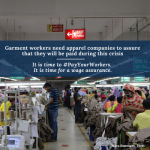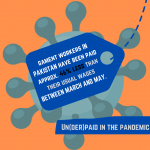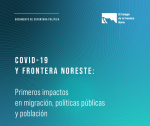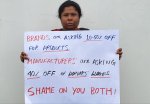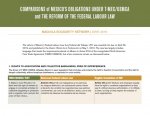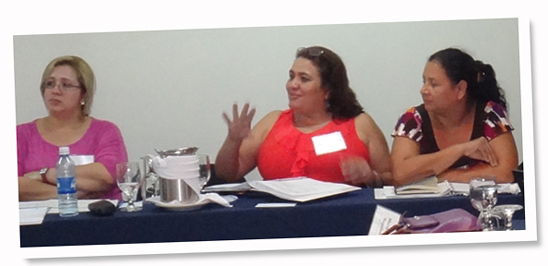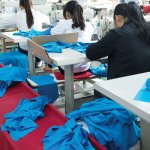Global network of labour rights and union organizations calls on brands to guarantee garment workers receive full pay
On June 1, the Clean Clothes Campaign, in which MSN is an active member, launched a campaign calling on global garment and footwear brands to guarantee workers in their supply chains are paid their full salaries during the COVID crisis. The wage payment demand is central to the global network's broader call that brands, retailers, governments and other stakeholders work together to mitigate the impacts of the COVID-19 pandemic on workers and, moving forward, to ensure that workers receive living wages and a social safety net.
